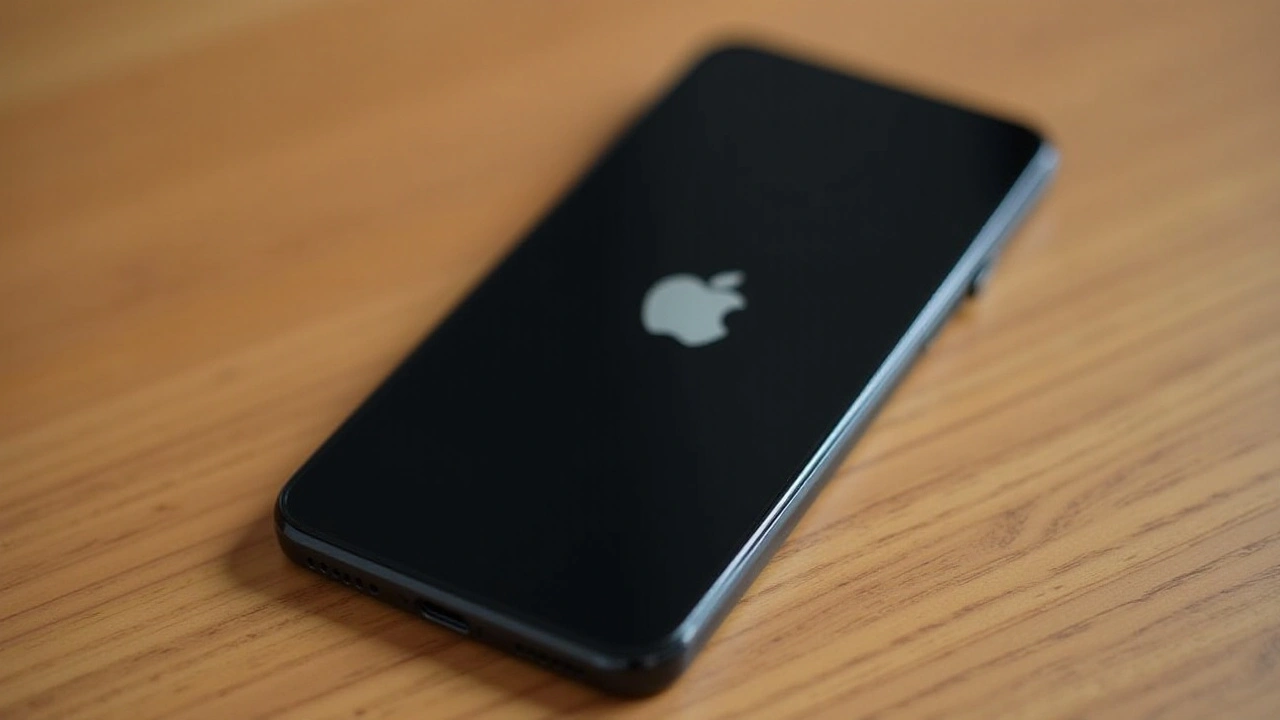Apple Scams: How to Protect Yourself from Common Tricks
Apple users have become prime targets for scammers who try to steal personal data, money, or access to devices. These scams can show up as fake calls, emails, or even messages that look like they come from Apple itself. Knowing how these scams operate helps you spot them before they cause harm.
One popular trick is the "Apple support scam," where fraudsters pretend to be Apple technicians. They may call you, claiming there's a problem with your device and ask for remote access or payment to fix it. Remember, Apple will never call you out of the blue asking for personal details or payment.
How to Spot an Apple Scam
Watch out for unexpected messages asking you to verify your Apple ID, password, or payment info. Be suspicious of urgent warnings that push you to act right away, like messages saying your account will be locked or your device is at risk. Legitimate Apple messages usually come through official channels, like the Apple Support app or your device's settings.
Also, check message and email addresses carefully. Scammers often use slightly altered Apple addresses that look real but have small typos or strange domains. If you get a link, don’t click it without verifying—open your Apple account settings directly from your device or computer instead.
Simple Steps to Keep Your Apple Devices Safe
Start by enabling two-factor authentication on your Apple ID. This adds an extra gatekeeper by requiring a code sent to your trusted devices. Keep your iOS and Mac software updated to patch security holes that scammers might exploit. Never share your verification codes with anyone, even if they claim to be from Apple.
Think twice before giving remote access to your device or making payments through unusual channels. Legitimate support will always guide you through official Apple services, never third-party payment apps or gift cards. If you suspect a scam, report it to Apple and your local consumer protection agencies.
Being cautious and informed is your best defense. Scammers constantly change tactics, but by knowing what to look for, you can avoid falling into their traps and keep your Apple devices secure.
iPhone 16 Scams Emerge Ahead of Unannounced Release
Scams related to the highly anticipated iPhone 16 are already targeting consumers, despite no official announcement from Apple. With the official launch set for September 9, 2024, scammers are quick to exploit consumer interest. The launch will introduce four new iPhone models, among other gadgets. Buyers need to be vigilant amidst this surge in fraudulent schemes.
Read More
